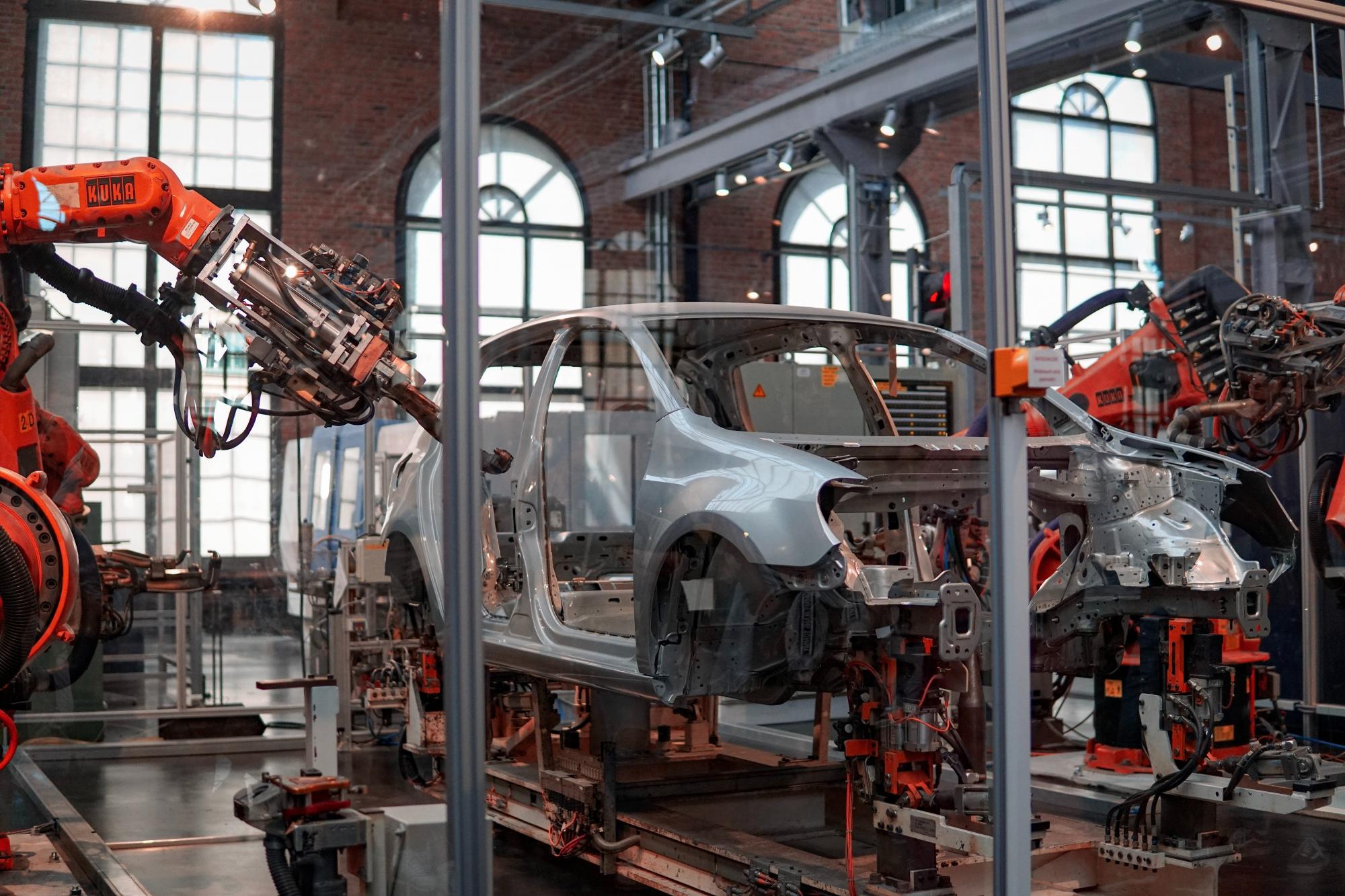Visa Stock Analysis: Is Visa a Strong Opportunity Ahead of Q4 Earnings?
$325.48
28 Jan 2026, 19:25

Unsplash.com

Following a year in which output was severely impacted by the worldwide semiconductor shortage and the closure of crucial plants, automakers in the UK suffered their worst year in more than 60 years.
The Society of Motor Manufacturers and Traders reported on Thursday that production will drop 9.8% to around 775,000 vehicles in 2022, the fewest since 1956 and much below pre-pandemic levels.
As bottlenecks in the supply of components loosen and manufacturers from Stellantis NV to Nissan Motor Co. begin retooling their local plants to produce electric cars, the trade association forecasts a comeback to 842,200 units this year.
Even yet, the UK lags other car-producing countries like Germany, which already resumed manufacturing increases last year.
"Why are we in such a tough spot? The majority of it is related to supply chain problems, but the UK is worse afflicted than many of our competitors because of significant structural changes”, according to Mike Hawes, the SMMT's chief executive officer.
In October, BMW AG announced that it will move the manufacturing of electric Mini hatchbacks from Oxford to China. Midway through 2021, Honda Motor Co. closed the Swindon plant that produced Civic hatchbacks. Last year, Stellantis discontinued producing Vauxhalls at its Ellesmere Port facility; however, that facility is now being renovated to produce electric vans.
A rare shining spot were the battery-operated cars. Their output increased by roughly 5% last year, and the export value of fully electric, plug-in hybrid, and hybrid vehicles has increased seven times to more than £10 billion ($12.3 billion).
Bentley, a division of Volkswagen AG, will invest £2.5 billion over the next ten years to electrify its portfolio and update its Crewe facility. Nissan has agreed to build electric vehicles at its Sunderland facility, resulting in the creation of 1,650 jobs.
However, this month's demise of Britishvolt Ltd., the UK's primary hope for a domestic battery mogul, raises more concerns about the nation's chances in the drive to become self-sufficient in greener technologies globally.
In the US, where President Joe Biden is enticing EV producers with $370 billion through clean-technology incentives in the Inflation Reduction Act, the next challenge has emerged.
According to Hawes, the US aid package "certainly has the ability to suck up investment." "Our concern is how the UK will respond."
(Bloomberg.com)